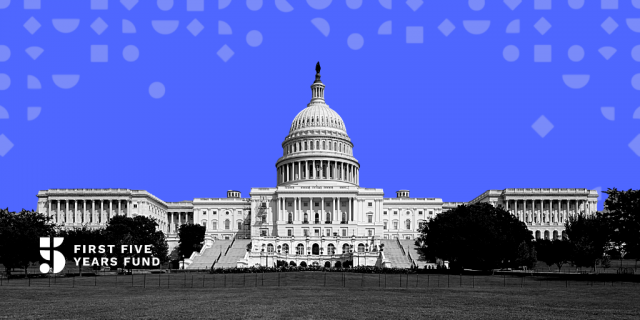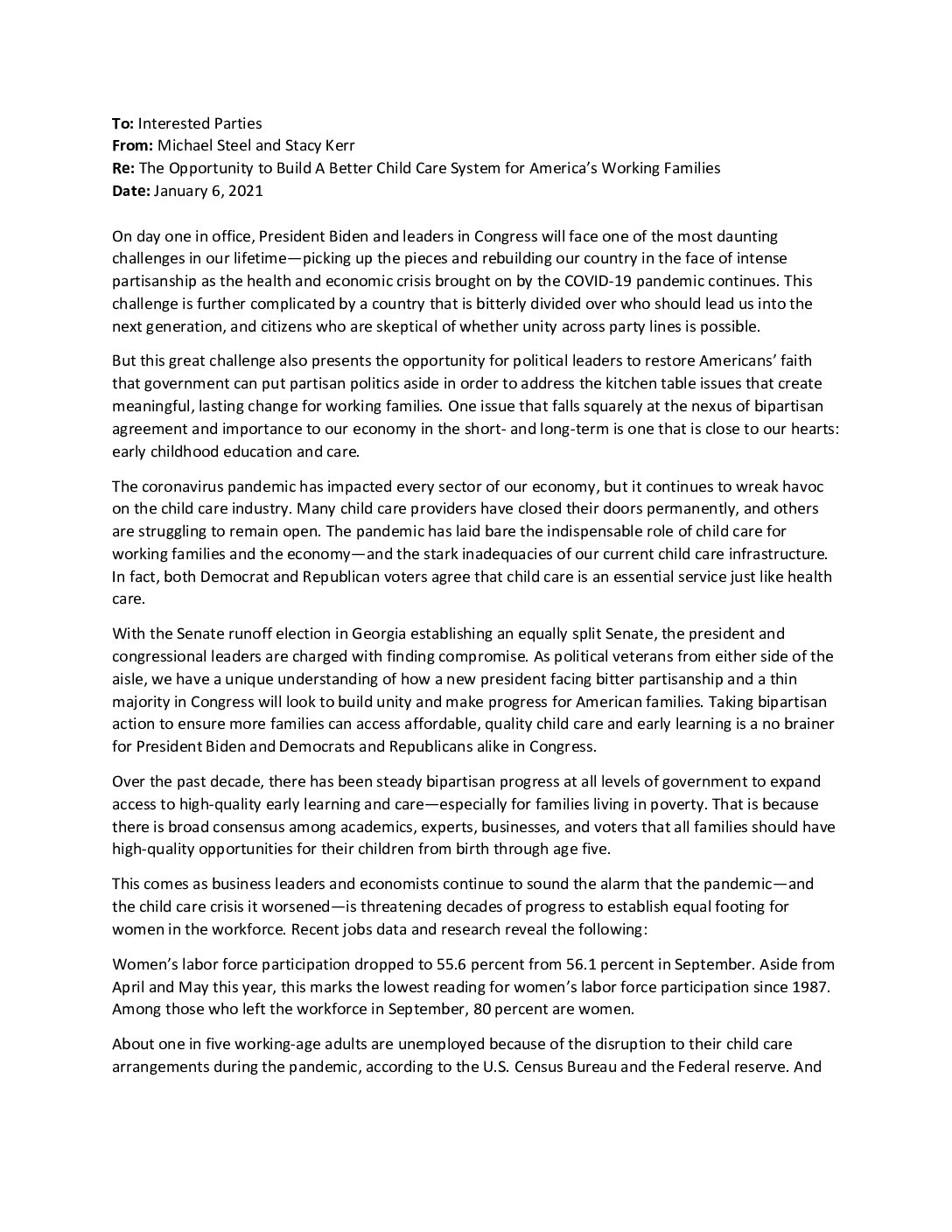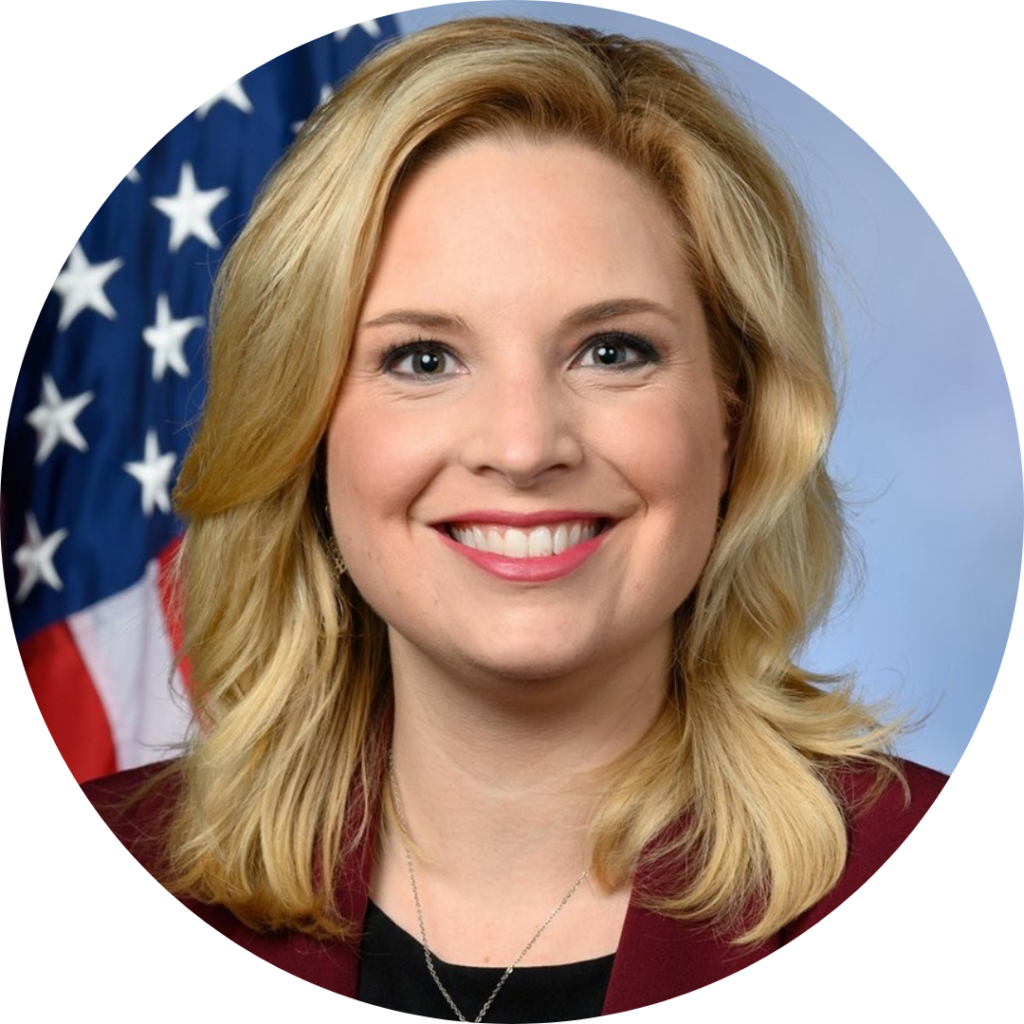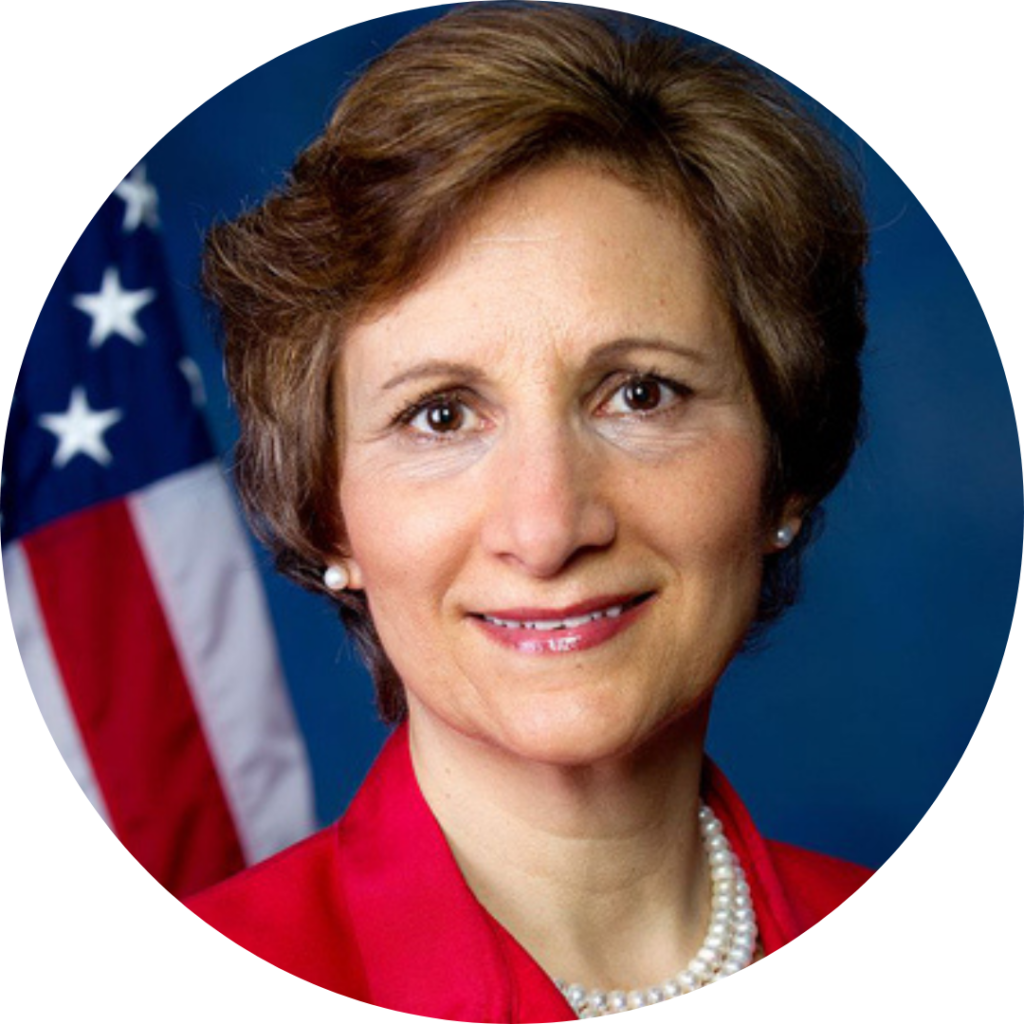MEMO: The Opportunity to Build A Better Child Care System for America’s Working Families

To: Interested Parties
From: Michael Steel and Stacy Kerr
Re: The Opportunity to Build A Better Child Care System for America’s Working Families
Date: January 6, 2021
On day one in office, President Biden and leaders in Congress will face one of the most daunting challenges in our lifetime—picking up the pieces and rebuilding our country in the face of intense partisanship as the health and economic crisis brought on by the COVID-19 pandemic continues. This challenge is further complicated by a country that is bitterly divided over who should lead us into the next generation, and citizens who are skeptical of whether unity across party lines is possible.
But this great challenge also presents the opportunity for political leaders to restore Americans’ faith that government can put partisan politics aside in order to address the kitchen table issues that create meaningful, lasting change for working families. One issue that falls squarely at the nexus of bipartisan agreement and importance to our economy in the short- and long-term is one that is close to our hearts: early childhood education and care.

The coronavirus pandemic has impacted every sector of our economy, but it continues to wreak havoc on the child care industry. Many child care providers have closed their doors permanently, and others are struggling to remain open. The pandemic has laid bare the indispensable role of child care for working families and the economy—and the stark inadequacies of our current child care infrastructure. In fact, both Democrat and Republican voters agree that child care is an essential service just like health care.
With the Senate runoff election in Georgia establishing an equally split Senate, the president and congressional leaders are charged with finding compromise. As political veterans from either side of the aisle, we have a unique understanding of how a new president facing bitter partisanship and a thin majority in Congress will look to build unity and make progress for American families. Taking bipartisan action to ensure more families can access affordable, quality child care and early learning is a no brainer for President Biden and Democrats and Republicans alike in Congress.
About the authors:
Stacy Kerr is a strategic communications expert with decades of experience as a trusted advisor to CEOs, global executives, and elected officials, including Speaker of the House Nancy Pelosi. Prior to joining Hamilton Place Strategies, Kerr spent 15 years working in national politics and served as the Chief Communications Officer for Georgetown University.
After nearly two decades working in journalism, on Capitol Hill and for political campaigns, Michael Steel joined Hamilton Place Strategies in 2016, where he advises a range of clients on strategic communications and public policy. Prior to this, Steel served as senior policy and communications advisor for Governor Jeb Bush’s presidential campaign and press secretary for Speaker of the House John Boehner.
Subscribe to FFYF First Look
Every morning, FFYF reports on the latest child care & early learning news from across the country. Subscribe and take 5 minutes to know what's happening in early childhood education.




